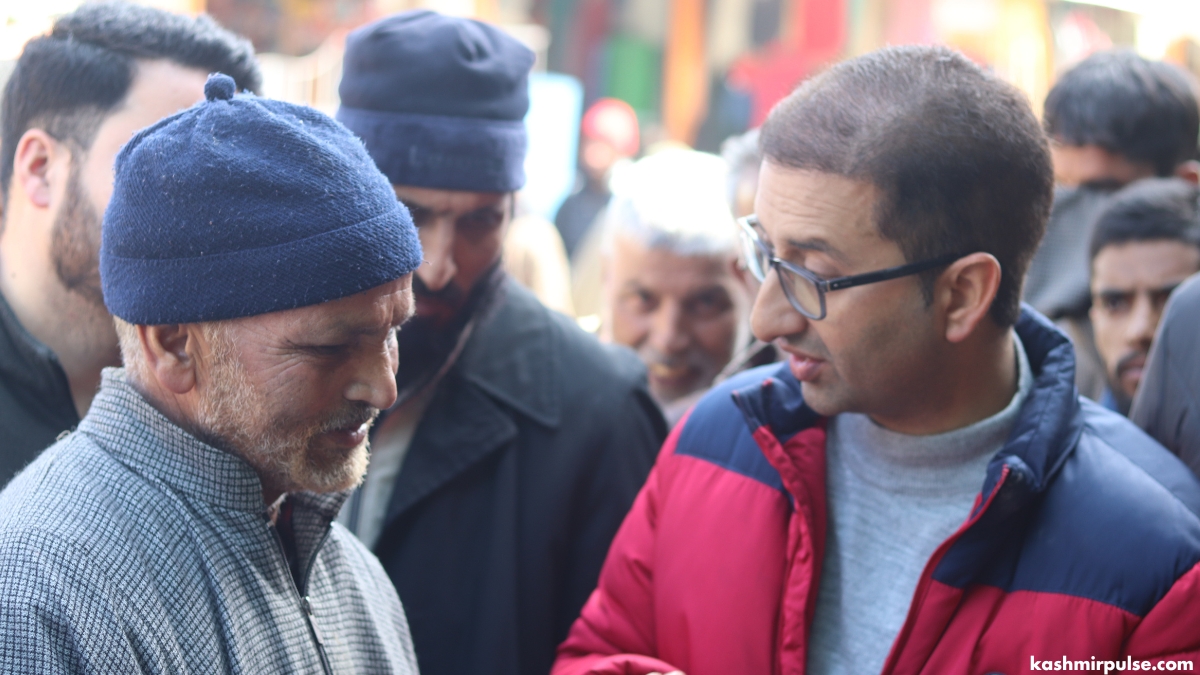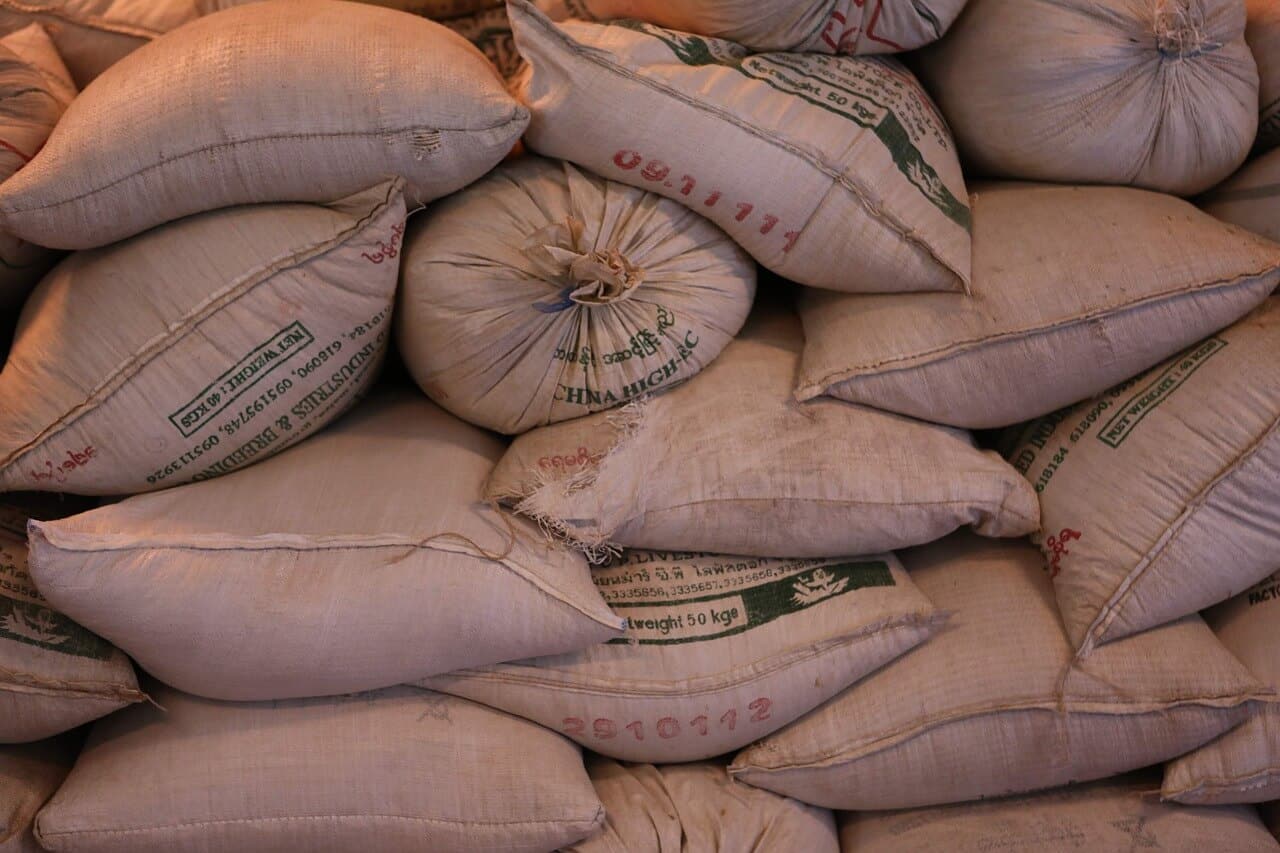Market checking team in Keller ensures compliance with government standards

KELLER — Acting on the directives of Deputy Commissioner Shopian, a market checking team led by Tehsildar Keller, Mr. Latafat, alongside Assistant Commissioner from the Food Safety Department, Mrs. Nighat, and Food Safety Officer Keller, Shafiq Ur Rehman, conducted rigorous inspections across various parts of the Keller area of southern Kashmir's Shopian district on Friday.
The initiative aimed to verify the adherence of essential commodities to government-approved rates and quality standards, ensuring an ample supply of consumables in the market.
Throughout the day, the market checking team, consisting of officials from the Police, FCS&CA, and Food Safety Department, meticulously examined establishments in different markets of Keller, including the bus stand market, focusing on businesses such as bakeries, confectioneries, groceries, vegetable and fruit vendors, and meat shops.
Inspectors scrutinized the hygiene conditions and assessed factors such as the Date of Manufacture and Use-by Date of products.
All traders, particularly those dealing in meat, vegetables, and fruits, were cautioned to maintain product quality. Shopkeepers were also reminded to avoid hoarding and overcharging customers.
In the course of the inspections, fines totalling Rs. 3500 were levied on non-compliant traders, and a significant quantity of spoiled vegetables and fruits were promptly discarded.
Tehsildar Keller emphasized the continuation of such drives to ensure fair pricing and availability of essential goods, discouraging black marketing practices. He instructed officials to clear footpaths and main roads of any encroachments to facilitate smooth movement.
Engaging with shopkeepers, Food Safety Officer Keller stressed the importance of prominently displaying rate lists and adhering to approved rates and quality standards. Non-compliance, he warned, would result in strict legal action.
This post first appeared on The Kashmir Pulse






